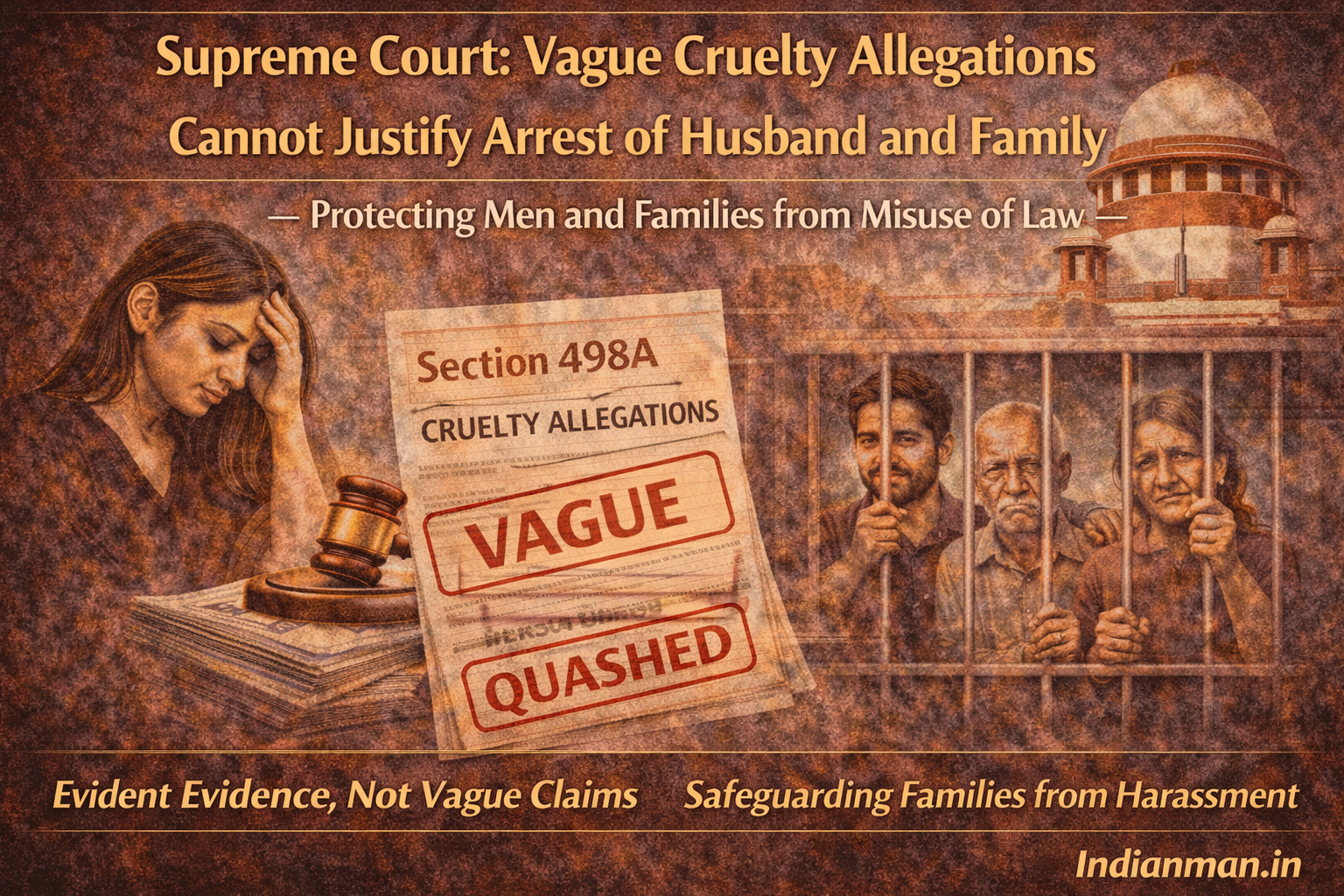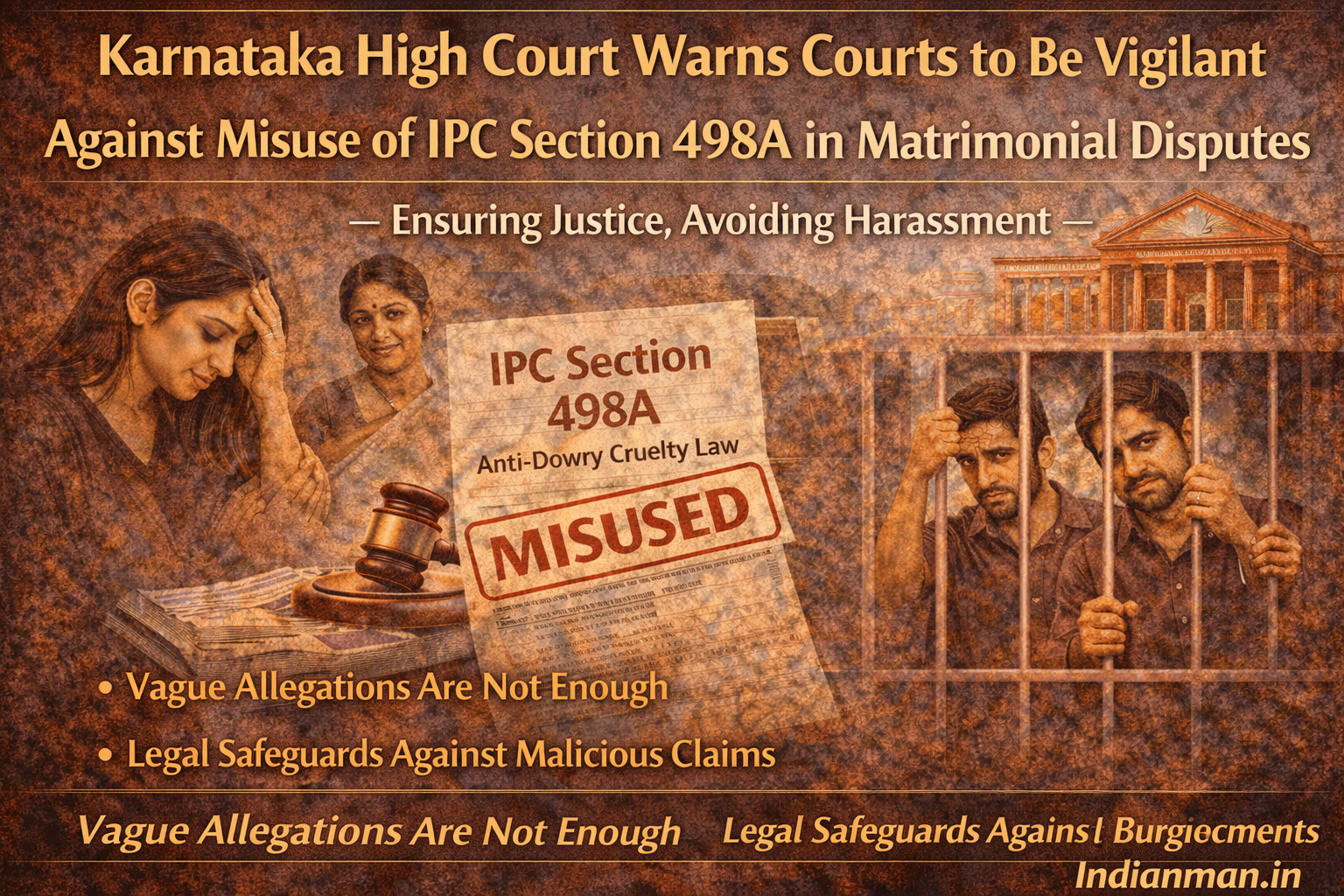Breaking Up or Refusing Marriage Is Not Abetment of Suicide: Bombay High Court Rules
The Bombay High Court’s Nagpur bench recently ruled that ending a long-term relationship or refusing to marry someone does not amount to abetment of suicide.
Justice Urmila Joshi Phalke, who presided over the case, discharged a man accused of abetting the suicide of his ex-girlfriend. The judge said that a breakup alone cannot be considered an act of provoking someone to take their own life.
The man was in a nine-year relationship with the woman who sadly died by suicide on December 3, 2020. In her suicide note, she described their relationship. It was claimed that the man had promised marriage, had a physical relationship with her, later broke up, and started dating another woman, which led to her depression.
The woman’s father filed a complaint, and after an investigation that included her suicide note and WhatsApp chats, police charged the man under Section 306 of the Indian Penal Code (IPC) for abetment of suicide.
The accused asked the court to discharge him, arguing that breaking up cannot be treated as encouraging someone to commit suicide. Although the Sessions Court refused his request, the High Court reviewed the matter.
The Court found that neither the suicide note nor the chats showed any direct provocation or instigation by the accused. It noted that their relationship was based on mutual consent and affection.
The Court stressed that just because a relationship ends or marriage is refused does not mean the other person was pushed to suicide. It also pointed out that there must be a clear action by the accused — like instigation or encouragement — for an abetment charge under Section 306 IPC.
Justice Phalke further observed that the breakup happened months before the suicide, weakening any direct link between the two events.
The Court said:
“For an offence under Section 306 IPC, it must be proven that the accused intended to encourage or help the victim to commit suicide.”
Finding no such evidence, the High Court overturned the lower court’s decision and discharged the accused.
[Case Title: Vaibhav Mawale vs State of Maharashtra | CRA 174 of 2024]
Be a part our social media community:
Facebook: https://www.facebook.com/IndianMan.in?mibextid=ZbWKwL
Instagram:
https://www.instagram.com/indianman.in?igsh=MWZ2N3N0ZmpwM3l3cw==



